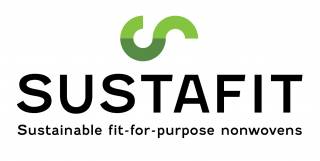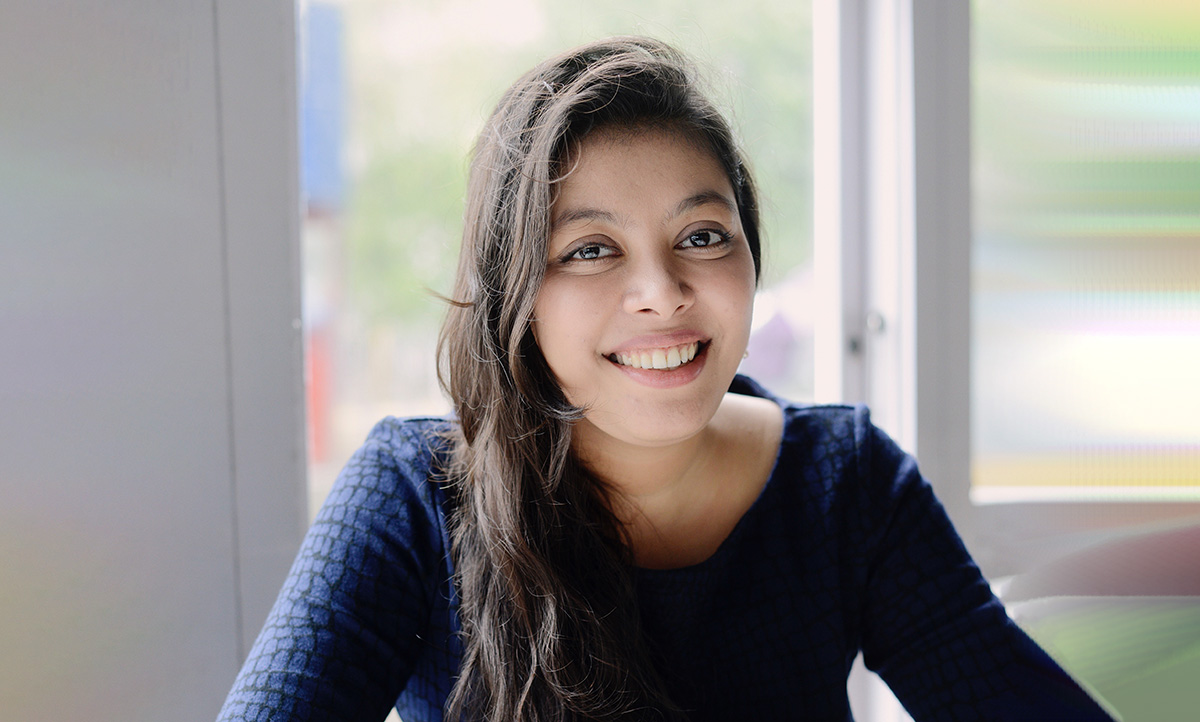At 18, Shruti Dharwadkar rallied to save a village called ‘Uruli Kanchan’ in the state of Maharashtra, India, from becoming a landfill. A decade later, she found herself as a first-generation entrepreneur, and went on to earn her Masters in Communication and Public Relations from Italy.
Being a part of the fashion and retail industry, she began to understand the impact the industry was having on the planet.
Promoting the sustainability of the textile industry in many ways
“My passion to do my bit for the environment propelled me to start my venture Moriko Organic in India. During the 6 years of my entrepreneurial journey, I have conceptualised, strategized, and launched an organic and sustainable clothing brand for children which followed the global textile sustainability standards. This also gave me the opportunity to use my knowledge and skill in communications to promote the importance of sustainability in the textile industry,” she describes.
Although Moriko Organic was just a tiny drop in the ocean, Shruti kept thinking about the lifecycle of her ethical and green product: What really happened after it left us? Did it get the long life we intended or was it abandoned and now resides in a landfill like that at Uruli Kanchan?
“I had multiple questions that would keep me up at night. I knew I needed to delve into the subject of circular economy and their business models and how I can help create a greener and a more responsible society. This research-oriented attitude is what brought me halfway across the world to Finland to enhance my knowledge and skill in circular economy.”
Wisdom of a Sanskrit phrase: “The entire earth is but one family”
Shruti tells that she has always sought inspiration from various philosophies to live her life.
“Be it Nicherin Buddhism’s ‘Many in body, one in mind’ that speaks of respecting each other’s unique attributes and abilities while working in harmony to compensate one another’s weaknesses; or the guiding principle that is ‘Vasudaiva Kutumbakam’ – a part of a Sanskrit phrase that translates to – ‘The entire earth is but one family’. Embracing the philosophy of Vasudaiva Kutumbakam, I believe I will be one of the change agents to help make a positive impact in the future.
Shruti’s goal is to assist as many businesses as possible in their sustainability journey and help them achieve their goals.
“So that one day I may be able to rescue many more ‘Uruli Kanchans’ from becoming landfills.”
Combining MBA studies and SUSTAFIT research work
Shruti became aware about the SUSTAFIT research project during one of the intensive weeks of her studies.
“We were given a presentation on SUSTAFIT. Soon after I learnt that there was an opportunity to work for the project. I was approached to help with business and networking related work for project’s work package 1 Sustainable Nonwovens.”
Shruti conducted international research work in the project for 6-7 months.
“I believe I brought a lot of energy and determination to my work. I looked forward to new tasks and brought resilience to keep going when things didn’t look positive.”
There were some challenges which she overcame with the help of her TAMK mentor and the skilled project team.
“Being at a nascent stage in the research, we had our teething challenges like trying to build professional relationships with people across the globe to help us with certain research but nothing that we couldn’t overcome. I worked with a brilliant mentor who guided me through every challenge with ease. Also, the team we worked with had diverse skill sets and that saved us from being too surprised.”
Many learnings about sustainability and people
During her studies in MBA risk management and circular economy, Shruti found studying and working stimulating and fruitful.
“It was interesting to study and work with people from different disciplines. Studying and working with diverse classmates helped in understanding sustainability subjects better.”
During her time at TAMK Shruti has learned about the subtleties of Finnish work culture. For her it is beneficial to know how diverse skills can be put to use to get the best out of the research and to keep pushing yourself to do and work better. This knowledge will benefit her also in the future.
Future plans relate firmly to sustainability.
“I plan to integrate into Finnish professional life, hopefully with a company that puts sustainability on their priority and that values my skills that I’ve gathered through my working life.“
SUSTAFIT – Sustainable fit-for-purpose nonwovens is a research project established to a need of Finnish industry to boost their competitiveness and broaden the opportunities in the versatile and growing sustainable nonwoven markets. The project is carried out by Tampere University of Applied Sciences (TAMK), VTT Technical Research Centre of Finland and Aalto University. Project, ongoing during 2022–2024, is funded by the participating companies, the research partners, and Business Finland. More information on website: https://projects.tuni.fi/sustafit/
Text: Shruti Dharwadkar and Hanna Ylli
Photo: Kurush Umrigar



